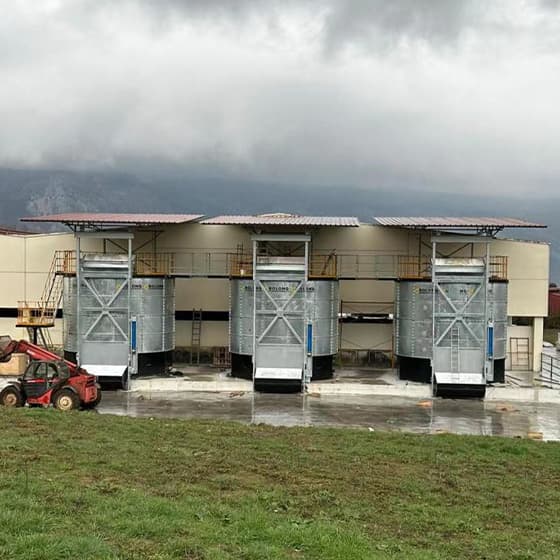Introduction: Organic farming emphasizes natural and sustainable practices. Livestock fermentation tanks support organic farming by providing natural manure management solutions. This article explores their role in organic farming.

Natural Fertilization: Fermentation tanks produce compost that serves as a natural fertilizer, enriching soil without synthetic chemicals. This aligns with organic farming principles and enhances soil health.
Soil Health: The compost improves soil structure, fertility, and microbial activity, supporting healthy plant growth. This is essential for maintaining productive and sustainable organic farming systems.
Environmental Benefits: By reducing nutrient runoff and preventing pollution, fermentation tanks contribute to environmental sustainability. These benefits support the goals of organic farming to protect natural resources.
Case Study: An organic vegetable farm used fermentation tanks to manage manure and produce compost. The farm observed improved soil health, higher crop yields, and enhanced sustainability, supporting its organic certification.

Conclusion: Livestock fermentation tanks play a crucial role in organic farming by providing natural fertilization, improving soil health, and supporting environmental sustainability. These benefits align with the principles and goals of organic agriculture.